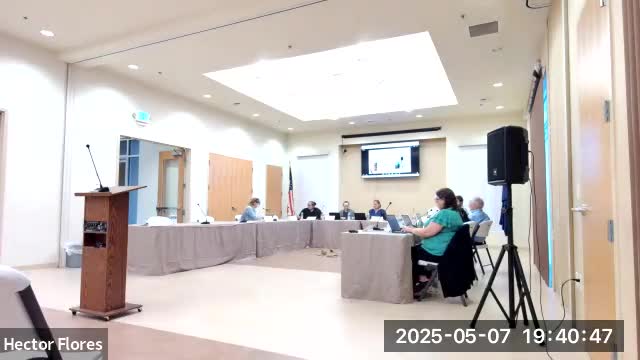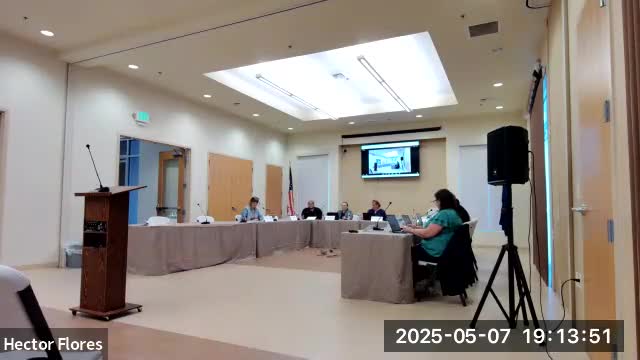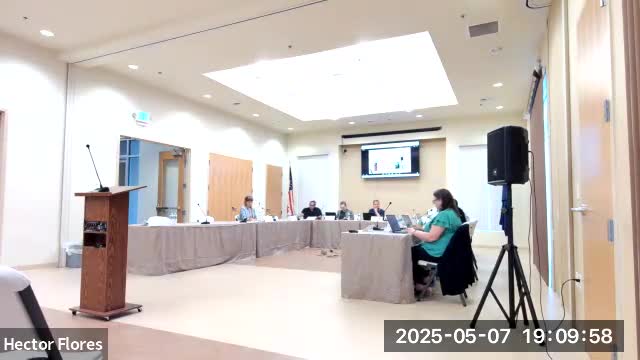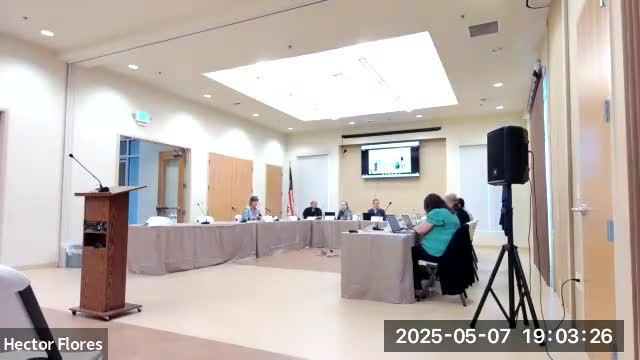Article not found
This article is no longer available. But don't worry—we've gathered other articles that discuss the same topic.

Talent staff outline summer construction schedule; council backs May 24 recycling event

Council postpones decision on transient lodging tax overhaul, requests July study session

Council adopts 40% hike to public safety surcharge, effective June 6

